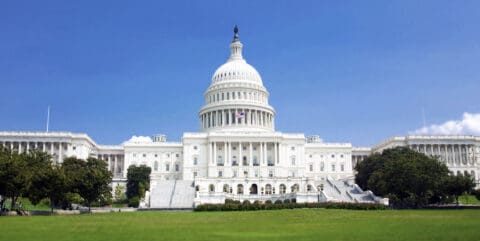On July 3, 2025, by a vote of 218 to 214, the U.S. House of Representatives passed the Senate’s version of H.R. 1, also known as the One Big Beautiful Bill (the “OBBB”). President Trump signed the bill into law the following day.
The passing of the OBBB brings significant changes to the federal estate and gift tax landscape. Most notable is the increased lifetime estate and gift tax exclusion amount of $15 million per individual—or $30 million for married couples—beginning in 2026. This replaces the previous exemption of $13.99 million per individual—or $27.98 million per couple—in 2025. Furthermore, it avoids what had long been anticipated: a reversion of the exemption to $5 million (inflation-adjusted to roughly $7.2 million) per individual due to the sunset provisions embedded in the 2017 Tax Cuts and Jobs Act (the “TCJA”).
The OBBB not only averts this automatic decrease but goes a step further by “permanently” resetting the base exclusion to $15 million per individual, with future inflation adjustments starting in 2027 and calculated as of 2025. Unlike the TCJA’s temporary provisions, the OBBB includes no automatic sunset or expiration date. Future legislation could affirmatively change the amount of estate and gift tax exemptions, but for now, the OBBB creates a window of certainty and opportunity for estate planning.
Importantly, this new law does not alter key components of the existing estate and gift tax framework. The mechanics of portability for a deceased spouse’s unused exemption remain unchanged, and the lifetime generation-skipping transfer (“GST”) exemption continues to mirror the basic exclusion amount while remaining non-portable. Those who have previously used part or all of their exemptions through past taxable gifts will still need to account for those amounts when calculating how much of their $15 million exemption remains available. Additionally, the OBBB does not modify existing rules on basis adjustments at death, which are a key component of the income tax system that can save significant capital gains tax on appreciated assets.
We encourage you to contact our office to review how the increased exemption may affect your current plan. In some cases, the need for complex estate planning structures may be reduced; in others, the increased capacity for lifetime gifting or generation-skipping planning may warrant more sophisticated planning strategies. Either way, the OBBB offers a powerful planning opportunity that should be addressed with thoughtful, timely advice.

